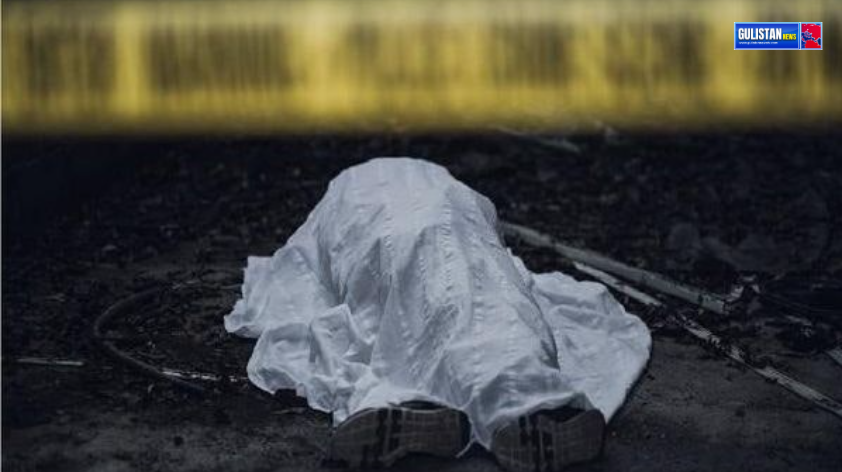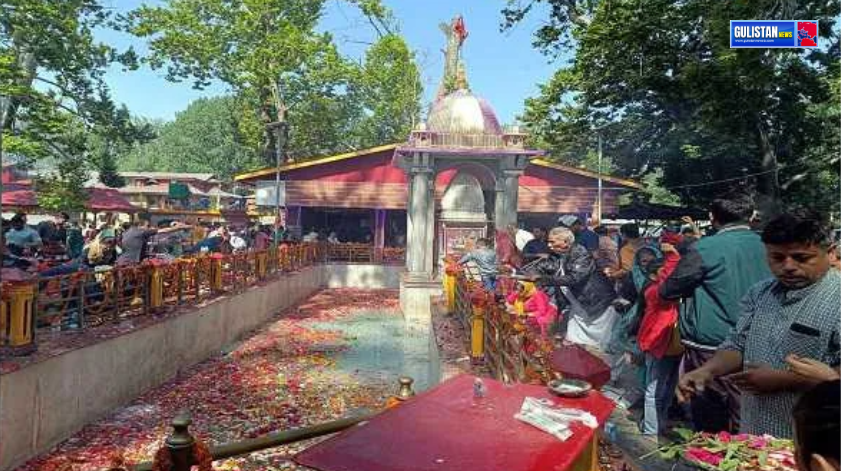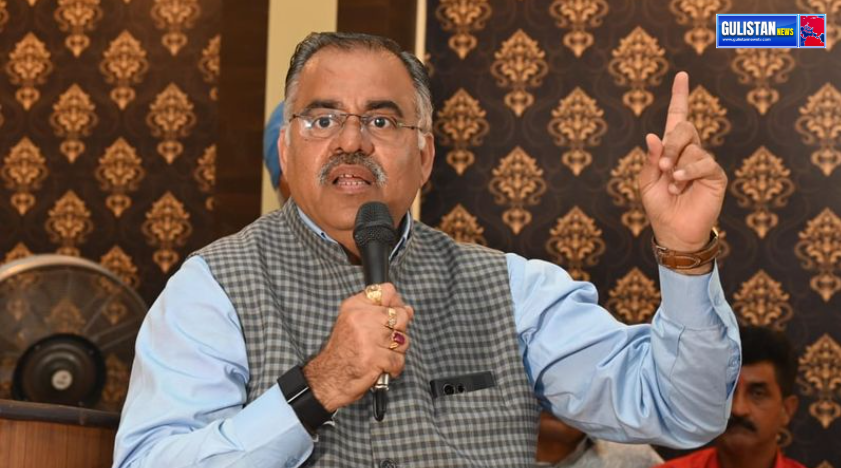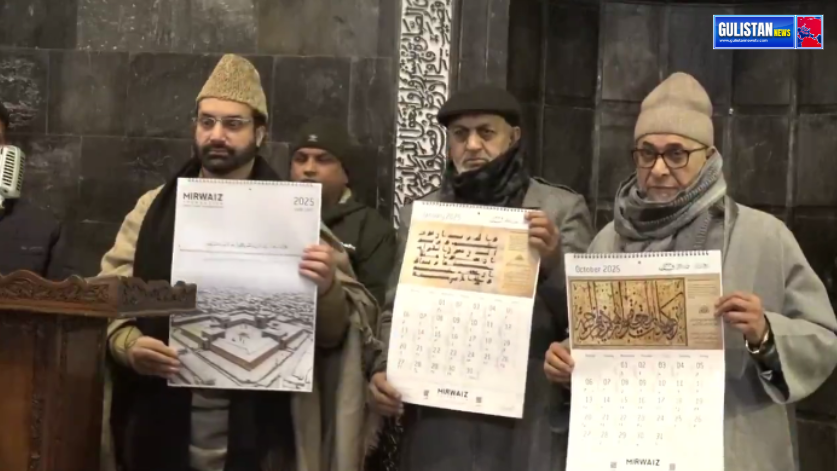Leading what is the most high-powered United States Congressional delegation to visit India, Senate majority leader Chuck Schumer will arrive in New Delhi early next week with a message that the “democratic international order” must stand together to confront the rise of the Chinese Communist Party (CCP).
Schumer will be accompanied by eight top Senators from the Democratic Party, many of whom serve as chairs of committees and thus have a key role in shaping America’s legislative agenda and foreign policy priorities and funding. The delegation will travel to India from Germany where they are currently attending the Munich Security Conference.
In a piece published in The Washington Post on Friday, based on his remarks to be delivered in Munich, Schumer noted that the US-Europe transatlantic partnership must confront the CCP, “the most powerful autocratic force on Earth”; adding that the “democratic international order” must stand strong to confront CCP’s rise.
“But the task does not belong to the United States and Europe alone: We need nations such as India, the world’s largest democracy, and the other democracies of Asia, to work with us to outcompete China and its aggressions. This week, I will also travel with eight other senators to India and deliver the same message to our friends as we seek to head off this looming threat.”
The Congressional delegation is expected to meet India’s top political leadership. Beyond the China challenge, the conversations is expected to touch on the Russian invasion of Ukraine. While the US administration has been understanding of the Indian position on Russia, there has been concern on the Hill about Delhi’s stance and the visit will offer an opportunity to exchange assessments and clarify positions as the conflict appears set to intensify with a renewed Russian offensive.
The delegation will also focus on the India-US bilateral partnership, including the defence, people-to-people, economic and technology partnership. In 2022, the US Congress passed the Chips and Science Act to boost semiconductor manufacturing in America; last month, the US and India unveiled an ambitious roadmap for the initiative on critical and emerging technologies (ICET). Conversations are expected to veer around finding complementarities and sources of synergy in the domain between India and the US and discuss issues of supply chain resilience and diversification.
Powerful civil society groups have also lobbied the US Congress about what they see as disturbing trendlines in Indian democracy. While Democrats, including Schumer, recognise India as the world’s largest democracy, and have framed the competition with China as one between democracies and autocracies, it is possible that they may seek an understanding of the evolution of India’s own politics at the current juncture.
The Senate leadership also has a key role in confirming the nomination of the US ambassador to India. The nomination of former Los Angeles mayor Eric Garcetti, President Joe Biden’s pick for New Delhi envoy, has been held up in the Senate because of allegations that Garcetti was aware of, and covered up, sexual harassment allegations against a close aide. There has been no US ambassador in India for over two years, the longest stretch ever in the diplomatic relationship between the two countries, and the issue of the diplomatic vacuum in the embassy, given the Senate’s role in the process, may figure in the conversations.
Schumer is a veteran Democratic leader from New York who has led the party’s caucus in the Senate since 2017 and served as the majority leader of the chamber since 2021. Under his leadership, Democrats retained control of the Senate in the midterms held last November. This is his first visit to India.
The delegation’s visit will happen soon after three Senators across party lines, in a separate move on Thursday, introduced a bipartisan resolution reaffirming Arunachal Pradesh’s status as an integral part of India, condemning China’s provocations across the Line of Actual Control, and commending the Indian government’s response to aggression from China.









